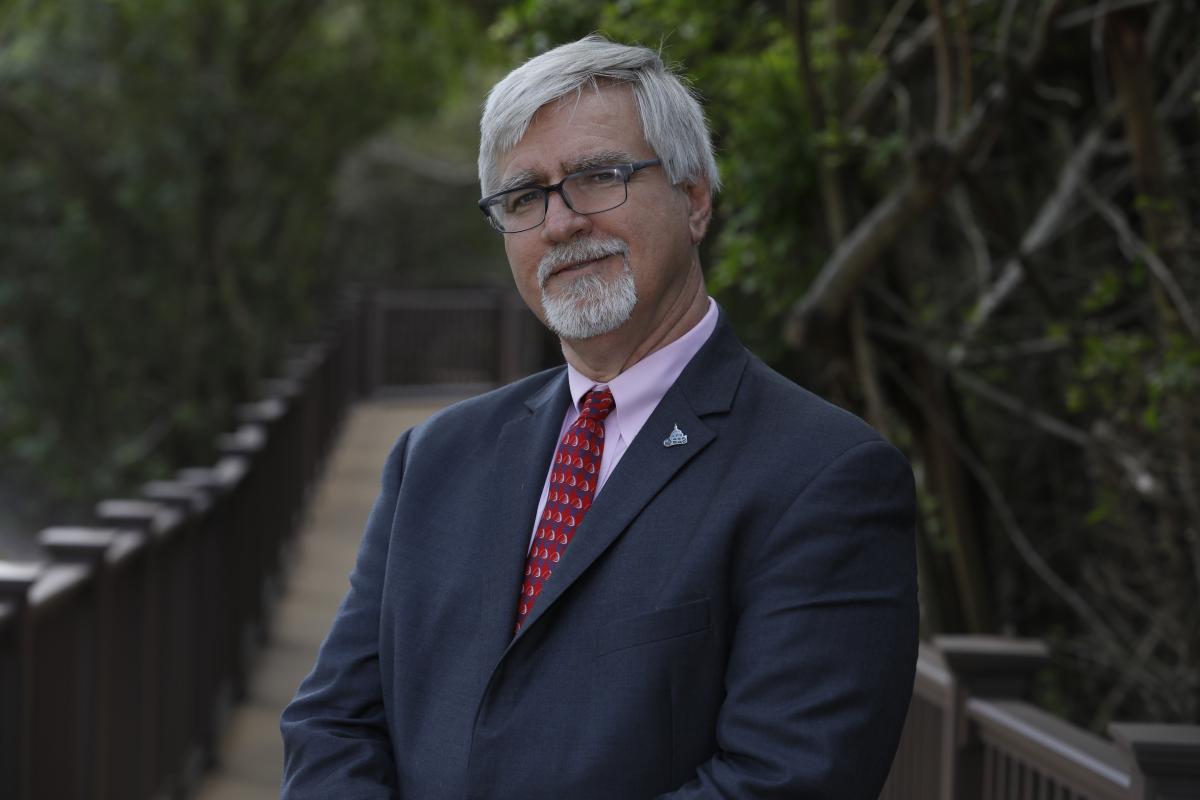 On Ken Fisher, the (ongoing) demise of pensions, a not-so-new push for paper, and a new industry “holiday.”
On Ken Fisher, the (ongoing) demise of pensions, a not-so-new push for paper, and a new industry “holiday.”
Speaking ‘Engagement’
By now, you’ve doubtless read (or heard) about the uproar caused by Ken Fisher’s comments at a recent industry conference. You’ve doubtless heard (or read) about the wildly inappropriate things he’s alleged to have said (I wasn’t there, but there doesn’t seem to be much dispute on those points by those who were), not to mention his initial ham-handed “defense” of those comments that were, certainly to my reading, indefensible.
We live in a time of increased sensitivity to such things, though, sadly, not always increased sensibility regarding them. Admittedly, It can sometimes be hard to figure out where some of those lines are – but that in this day and age comments like that could be so casually uttered (and from a stage, no less) is a jarring reminder that as an industry – some of us, anyway – still have a way to go.
Pensions Are (Still) Dying
Last week GE announced that it was freezing (not terminating) its defined benefit pension plan, and while current pensioners were not affected, the news was widely covered, as one might well expect of any workplace development that affects 20,000 American workers.
The workers who were affected will join GE’s existing 401(k) plan and will get an extra 2% of their salary for two years, according to The Wall Street Journal. This surely isn’t good news for those who are affected – but then, some 600,000 current retirees (and their pensions) weren't affected by the announcement – a pretty remarkable statement in and of itself.
The demise of traditional defined benefit pension plans has been touted for so long, the casual reader might well be surprised to find that there are still any left in the private sector (they are still quite common among state and government workers). That said, and while defined benefit plans were certainly more common a generation ago, they were not as ubiquitous as is often assumed (see chart).

Moreover, while some workers did spend their working career at a single employer (and some still do, particularly in the public sector), the data show that for the very most part we have long been a nation of relatively short-tenured workers. How short? Well, the median job tenure in the United States – how long workers stay at one job – has hovered around five years for the past three decades. Indeed, according to the nonpartisan Employee Benefit Research Institute (EBRI), in recent years it has ticked up, to about 5.5 years (though that’s because women are staying in their jobs longer; job tenure for men has actually been dropping).
What that means is that even many workers who were “covered” by a pension plan in the private sector weren’t working with that employer long enough to get much – or any – of that promised pension benefit.
Paper Pushers (Still) Pushing Paper
Noting that “agencies may only regulate if it will do more good than harm, and maximize net benefits to the public,” a consortium aptly calling itself the “Coalition for Paper Options” is pushing for the status quo in terms of certain retirement plan notices – asking the Labor Department to reject consideration of shifting the default on retirement plan disclosures to electronic from the current paper requirement.
Now, aside from the environmental considerations (and they are significant), there’s little argument that the proposal would save money – and a lot of money at that (apparently the CPO doesn’t understand who actually winds up bearing those costs). A report commissioned by the American Retirement Association and the Investment Company Institute in 2018 estimated that participants could save more than $500 million per year, assuming about eight participant mailings per year across more than 80 million 401(k) account holders.
Beyond cost, electronic delivery offers a number of other advantages (better access for the visually impaired and others with disabilities, improved access for those who prefer to use a language other than English, and arguably more secure delivery – that can be tracked to confirm receipt). As the CPO acknowledges, any individual that wants to receive those notices in the traditional mediums can do so – and with the Supreme Court positioned to decide what “actual” knowledge means – well, this could be a game-changer.
Be Aware – It’s National HSA Awareness Day
It wasn’t very long ago that I opined about a number of “Hallmark holidays” in our industry. Well, as it turns out, today has been designated “National HSA Awareness Day”, a “nation-wide call-to-action to educate the American public about the benefits of an HSA to achieve financial wellness and alleviate the burden of rising healthcare costs.”
Goodness knows, HSAs could use some better understanding – the Plan Sponsor Council of America’s recent inaugural HSA survey found that education remains the dominant concern of plan sponsors regarding these programs.
What’s on your mind?

